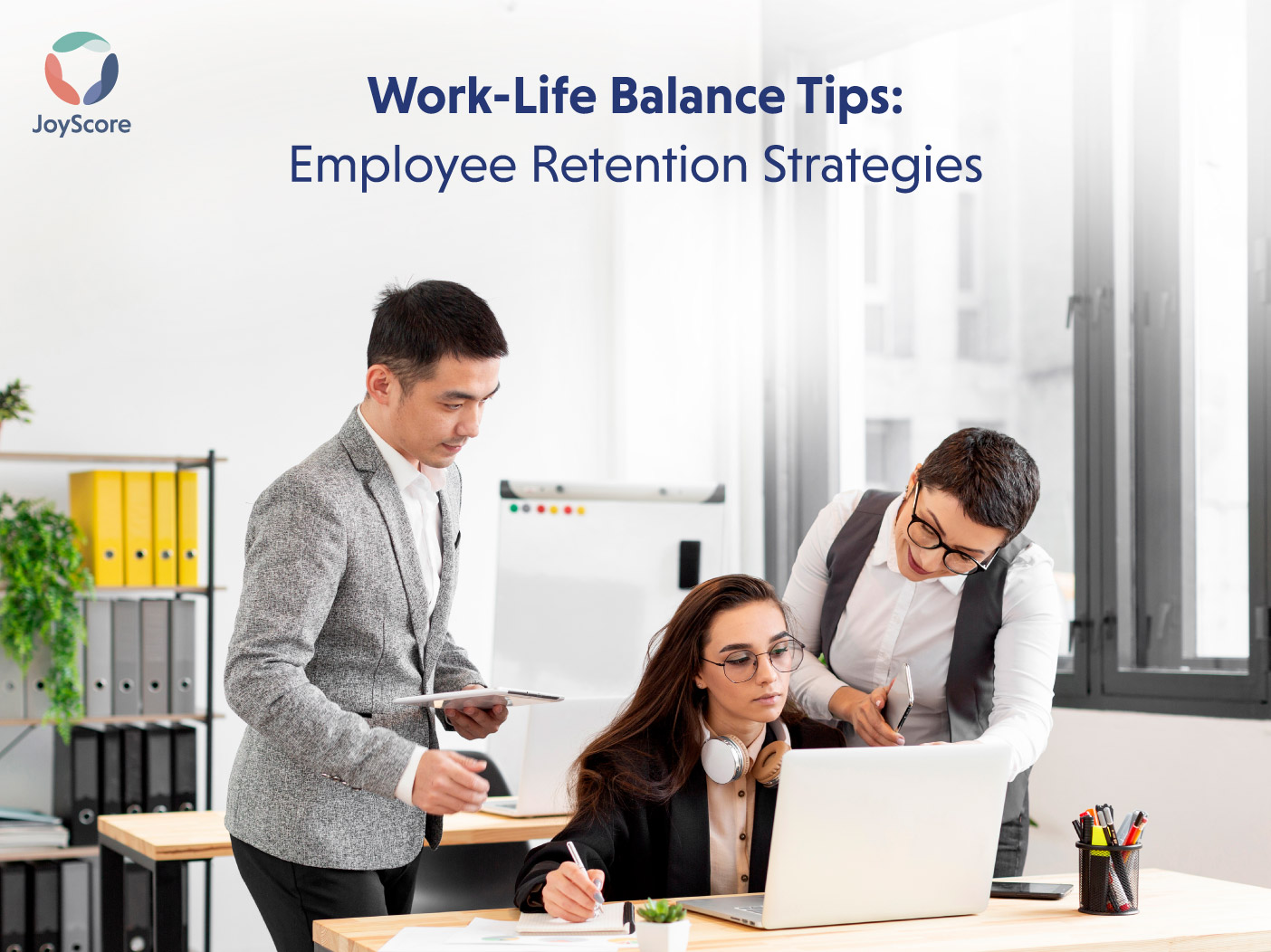Work-life balance is the equilibrium between one’s personal and professional life. However, maintaining this balance can be challenging because of the ever-growing demands needed for family and at the office. This is why it’s crucial to have tools in place to achieve balance.
WHY WE NEED TO KNOW WORK-LIFE BALANCE TIPS:
TO AVOID BURNOUT
Over involvement in any work, whether personal or professional, can lead to stress and burnout. The level of stress varies from individual to individual, although the situation remains the same: one needs a break. If one learns to dedicate an equal amount of time to work and personal matters, they can protect their mental as well as physical health.
IMPROVE CREATIVITY
Creative ideas often pop up from a fresh and relaxed mind. If one is able to find time to enjoy personal activities and hobbies, it will stimulate their creativity and innovation. One can easily find fresh ideas and perspectives with a clear and focused mind.
INCREASE JOB SATISFACTION
Employees who are able to spare enough time for their personal lives are more satisfied with their jobs. Coming back from work and being able to disconnect from the pressures at the office leads to immense peace. Balance also helps one stay motivated at the workplace and have better decision-making and problem-solving skills, leading to improved employee retention.
INDICATIONS OF A LACK OF WORK-LIFE IMBALANCE
NOT GETTING ENOUGH SLEEP
If the person has to sacrifice his sleep for work or is not able to fall asleep due to stress, he or she is overworking. This will deteriorate a person’s performance and health because of lack of rest.
MISSING OUT ON FAMILY EVENTS
If one doesn’t plan their work wisely, they might need to compromise on their family commitments. It won’t be healthy for one’s personal relationships and could also damage a healthy family setting in the long run.
COMPROMISING ON HEALTH
If one keeps delaying on their health check-ups or some minor surgery, due to work, it will give no fruitful results. An individual must learn to take a break and prioritize their health.
SEVEN USEFUL WORK-LIFE BALANCE TIPS
Introducing work-life balance tips help companies to experience a higher level of employee engagement and retention. Thus, there will be improved productivity and innovation resulting in the company’s success and profit.
- TIME MANAGEMENT
When one creates clear boundaries with their work and personal life, they are able to enjoy the perks of both. After dedicating a certain number of hours in the day to work, one won’t take work home, which is a healthy long-term life habit.
- ASK FOR HELP
One can set limits on their workload by declining additional tasks that may jeopardize their work-life balance. In cases when this is not possible, one should ask for help from colleagues by delegating some tasks to them to prevent burnout.
- TAKE BREAKS
One should mindfully utilize their paid leaves to plan a vacation every two months. This will give one an opportunity to relax and recharge. Taking short breaks at work, like stretching or a quick walk, is an important way to avoid burnout too. The employers can also play a vital role in encouraging their employees to actively use their paid time off and enjoy their lunch hours without working through them. The company authorities can also designate break areas and offer weekly wellness programs for employee’s mental peace.
- EMPLOYER OFFERING FLEXIBLE WORK ARRANGEMENTS
Herein, allowing the employees to opt for remote work, flexible hours or job sharing is an effective work-life balance strategy. In this, the employees can fulfill their work as well as personal commitments due to having a more flexible schedule.
- SUPPORT POSITIVE WORK CULTURE
Promoting a positive work environment in the office helps its employees to maintain a healthy work-life balance. In this,employees enjoy open communication, get opportunities for professional development and feel valued and supported for their good work.
- DO NOT COMPARE YOURSELF
One must learn to acknowledge their shortcomings. If they cannot keep up with the pace of their colleagues, they should not overburden themselves under performance pressure. Comparing themselves to others will compromise their work-life balance and fetch no rewards.
- PRIORITIZE YOUR HEALTH
- Eat healthy and set aside time for physical activity
- Pursue a hobby that makes one feel relaxed like reading a book.
- Volunteer for a good cause
- Talk to a friend or partner and share emotions if feeling stressed or overburdened. Do not keep them bottled up.
CONCLUSION
Understanding and practicing these work-life balance tips will help companies to attract and retain top talents. It also ensures that the employee is giving 100% while maintaining their overall health.
Download the app now from the App Store or Google Play.
FAQ’S
Q1 What does employee retention rate indicate?
A1 Understanding how long an employee stays in your company gives an insight into whether the company has a desirable work environment for people to thrive. High levels of turnover also hampers a company’s growth.
Q2 Which is the most important factor affecting employee retention?
A2 The work culture of a company is the most important factor. Promoting a positive work environment in the office helps its employees maintain a healthy work-life balance. In this way, employees enjoy open communication and feel valued and supported for their good work.
Q3 How does work-life imbalance affect one’s personal relations?
A3 Missing important family events or family vacations damages your interpersonal relations in the long run, which affects your overall health and well-being.



